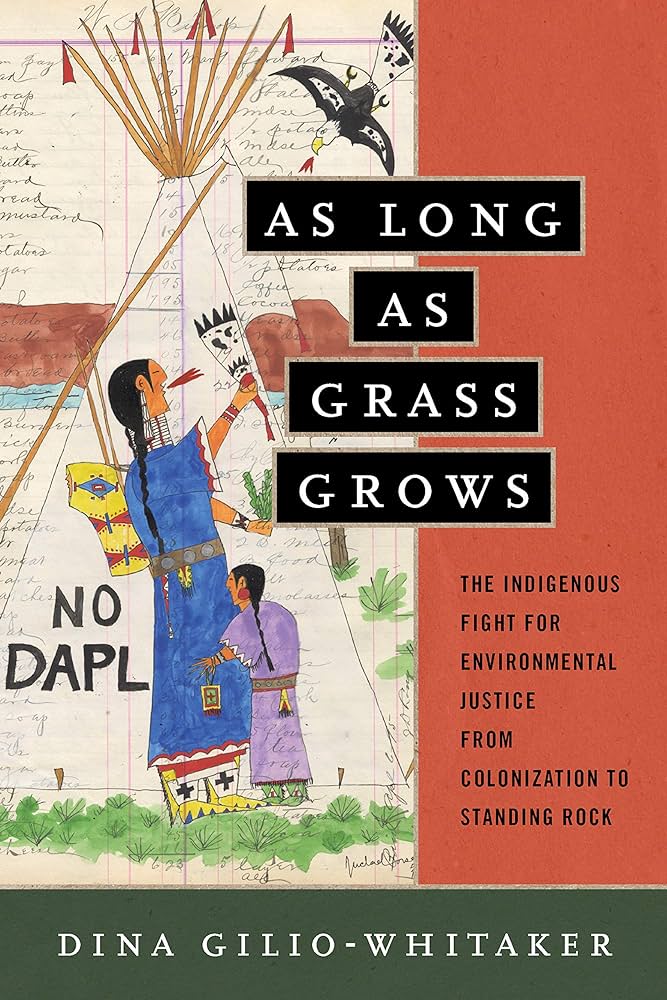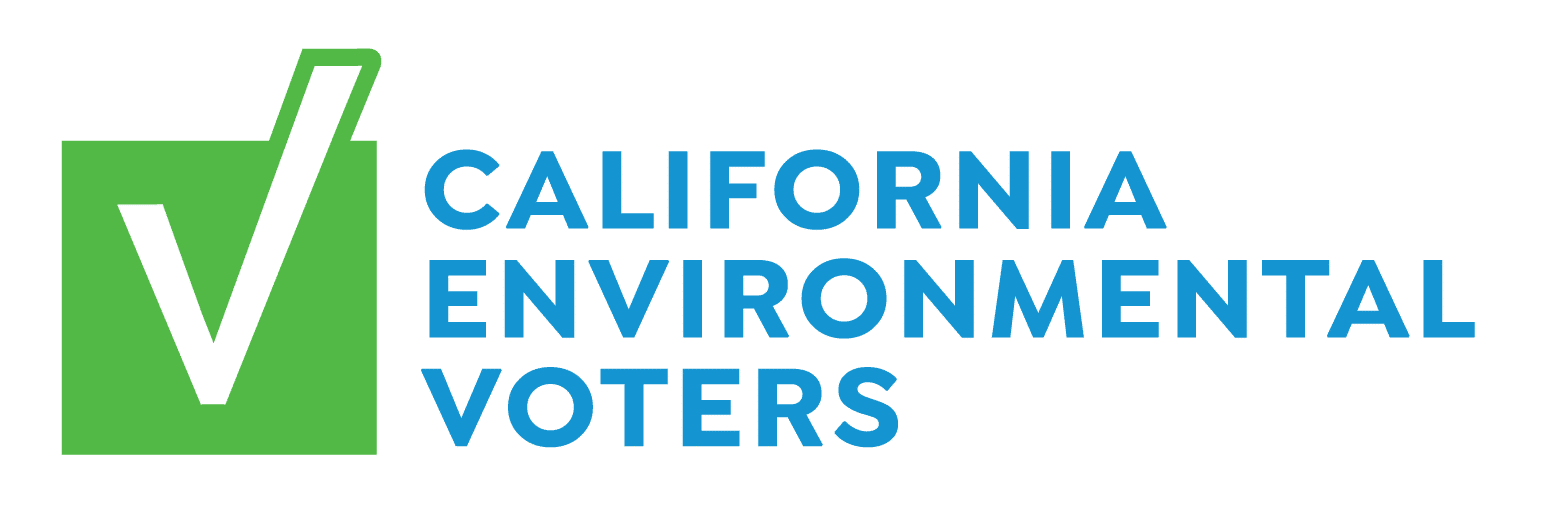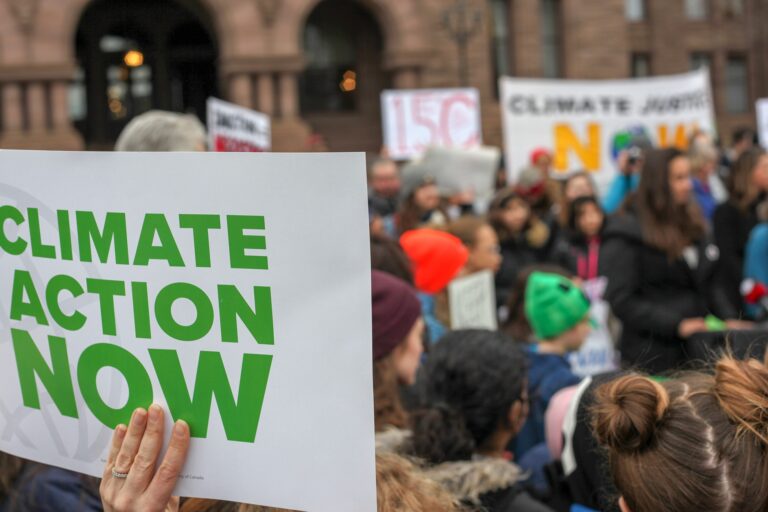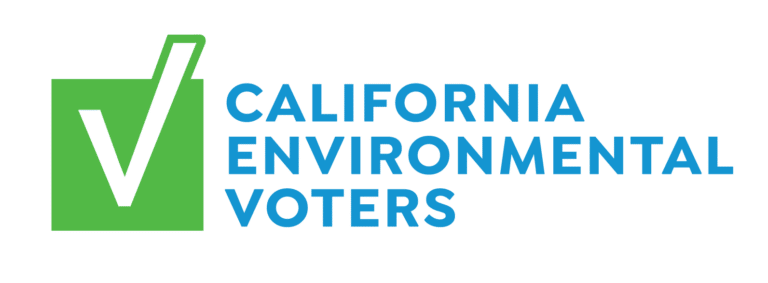In 1977, the International Conference of Discrimination Against Indigenous Populations in the Americas, sponsored by the UN and held in Geneva, discussed replacing Columbus Day in the Americas with Indigenous Peoples Day. Nearly a decade and a half later in July 1990, Indigenous people throughout the Americas advocated for 1992 — the 500th anniversary of the first of the voyages of Columbus — to be declared the first Indigenous Peoples Day.
The first city to declare October 12 as a “Day of solidarity with Indigenous People” was the city of Berkeley in California, and soon other local governments and institutions followed suit. Today, there are at least 12 states that have chosen to express their solidarity with Indigenous people by refusing to celebrate Columbus Day on the second Monday of October. Unfortunately however, California is not among them.
In 2013, the California state legislature considered Assembly Bill 55 to formally replace Columbus Day with Native American Day, but the bill did not pass. While the California governor has historically recognized Indigenous Peoples Day, the holiday was eliminated by Governor Arnold Schwarzenegger during the 2008-12 California budget crisis.
Despite what our state has chosen to recognize, we at California Environmental Voters choose to see the holiday differently. The driving mission of our organization is to build the political power to solve the climate crisis, advance justice and create a roadmap for global action. And we know that there is no point in striving for this ultimate goal without recognizing the roots of injustice in our communities and society.
At our organization, we are proud to recognize Indigenous Peoples Day on October 9 and remind our members to challenge the narrative that Columbus “discovered” the Americas and instead remember that the Americas had been inhabited for thousands of years by over 600 Indigenous nations. We understand that our power in the environmental movement comes from an understanding of our true, collective history.

As part of our Racial Justice and Equity work, our entire staff is currently engaging in a book club where we are reading As Long as Grass Grows: The Indigenous Fight for Environmental Justice, from Colonization to Standing Rock by Dina Gilio-Whitaker. We recognize that we cannot engage in the environmental movement justly without realizing that, as Gilio-Whitaker writes, “for environmental justice to be responsive to the needs of Native peoples it must be indigenized…through all aspects of the EJ realm, from the halls of academia to policy framework building at the government level and to environmentalist activist organizing.”
However, engaging with this book hasn’t been easy. Coming to terms with how the conservation movement has marginalized and frankly ignored the voices of Indigenous people reminds us that we must still be conscious of that when working alongside these partners in our work today.
For example, when the author dove into the story of Standing Rock, where local tribes were fighting against an approved pipeline to transport crude oil in order to protect their access to clean water and ancestral burial grounds, we discussed how during Standing Rock and with other issues we had worked on in the past, Indigenous people have at times been at odds with the (often white) allies who claim to be on the same side.
While it’s true that we can’t undo the wrongs of the past, and we do not have a perfect trajectory in tackling the solutions to environmental injustices particularly as it relates to the Indigenous community, our organization is doing meaningful work to do our part to intentionally bring solutions that can make a difference. Just some of the work we are engaged in includes outreach to local tribes in our state to engage in listening sessions, working to protect Indigenous land and water from polluters, establishing ethical water and land rights, holding Big Oil and corporations accountable in frontline communities through transformative state policy, expanding access to our democracy, and more.
Our work is far from finished, but we’re proud of the deep inroads we are making to intentionally listen to, center, and uplift Indigenous voices while working towards environmental justice. And we will be celebrating Indigenous People’s Day this year by reflecting on how we can be even better allies in a world where we are often pitted against each other.
Share this blog!
Now you can find out with our 2024 California Environmental Scorecard! Use it to see how California’s leadership scored, how many legislators take dirty oil money, and much more.



